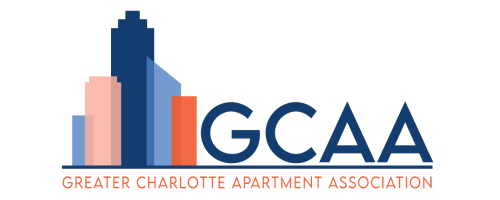Moving In After Getting Out: Housing After Incarceration
Charlotte City Council recently voted to recriminalize public urination and defecation. While this is a win for the cleanliness and upkeep of our beautiful city, citizens are left wondering who will be affected by these changes. Will the previously incarcerated homeless individuals return to jail and continue a never-ending cycle? This issue expands far beyond a Uptown park bench. As of June 2023, Mecklenburg County’s homeless population is 2,704. Who are the people sleeping on sidewalks and under bridges? According to a report by the Prison Policy Initiative, former prison inmates are ten times more likely to become homeless than the general population. Most individuals leaving incarceration cannot afford to buy or rent housing in the private market.
How does the Charlotte community prepare incarcerated citizens for life outside prison? The Georgia Department of Corrections is taking a new approach. Last year, they opened the Metro Reentry Facility in Atlanta, which is believed to be the first transitional state prison for offenders slated for release within 18 months. Inmates receive intensive counseling, vocational training, and housing support, so they will leave with a job and a home.
How can we create similar services for Charlotte’s incarcerated population? Thankfully, we have organizations that are committed to helping people facing homelessness. Charlotte Family Housing helps struggling families find housing. One of their biggest obstacles is recruiting new rental housing providers and rentals for their clients. It’s essential that Charlotte leaders concentrate their efforts on supporting organizations focused on housing affordability for all citizens, specifically formally incarcerated and homeless individuals. It takes a village to care for the less fortunate.
